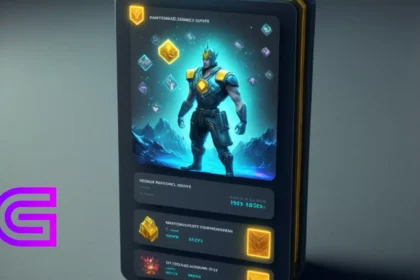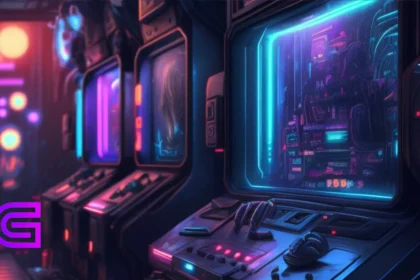The gaming industry has been undergoing significant transformations in recent years, driven by advancements in technology and changing consumer preferences. One of the latest trends making waves is the rise of Web3 gaming and its impact on traditional game publishers. In this article, we will explore the concept of Web3 gaming, its benefits, challenges faced by traditional game publishers, and potential synergies between the two.
Understanding Blockchain Gaming
Web3 gaming refers to games built on blockchain technology and decentralized platforms. Unlike traditional games that are controlled by centralized entities, Web3 games leverage the power of blockchain to provide players with greater ownership, control, and rewards. These games operate on a peer-to-peer network, allowing players to interact directly with each other and the game environment, without the need for intermediaries.
Traditional Game Publishers and their Business Model
Traditional game publishers have long dominated the gaming industry by developing and distributing games through established channels. They typically follow a business model that involves creating games, marketing them, and generating revenue through sales, in-game purchases, and licensing agreements. These publishers have built their success on their ability to create engaging and immersive gaming experiences.
The Emergence of Web3 Gaming
Web3 gaming has emerged as a disruptive force in the industry, challenging the dominance of traditional game publishers. With the integration of blockchain technology, Web3 games introduce novel concepts such as digital asset ownership, play-to-earn mechanisms, and interoperability across multiple platforms. This decentralized approach appeals to a growing segment of gamers who value transparency, control, and the opportunity to monetize their gaming experiences.
Benefits of Web3 Gaming
Decentralization and Ownership
Web3 gaming offers players true ownership of in-game assets through the use of non-fungible tokens (NFTs). NFTs are unique digital tokens that can represent in-game items, characters, or even entire virtual worlds. Players can buy, sell, and trade these NFTs, providing them with a sense of ownership and the ability to monetize their investments.
Play-to-Earn Opportunities
Web3 games enable players to earn real-world value by participating in gameplay. Through mechanisms like play-to-earn and token rewards, players can accumulate valuable digital assets that can be traded or sold. This opens up new opportunities for players to generate income from their gaming activities, blurring the line between work and play.
Interoperability and Cross-Platform Functionality
Unlike traditional games that often operate within closed ecosystems, Web3 games prioritize interoperability. Players can carry their in-game assets and progress across different platforms, allowing for seamless experiences and cross-platform functionality. This flexibility enhances the overall gaming experience and empowers players to engage with their favorite games on their preferred devices.
Challenges for Traditional Game Publishers
The rise of Web3 gaming presents several challenges for traditional game publishers who have predominantly relied on their established business models. These challenges include:
Competition from Web3 Games
Web3 games are gaining popularity and attracting a significant player base. The decentralized nature of Web3 gaming, coupled with the potential for players to earn real-world value, creates strong incentives for gamers to explore these new gaming experiences. This shift in consumer behavior poses a threat to traditional game publishers, who must adapt to remain competitive.
Adapting to Blockchain Technology
Blockchain technology is at the core of Web3 gaming. Traditional game publishers must understand and integrate blockchain into their existing infrastructure to leverage its benefits fully. This requires substantial investment in research, development, and talent acquisition to ensure a smooth transition. Failing to adopt these technologies may result in missed opportunities and the loss of market share.
Potential Synergies between Web3 Gaming and Traditional Publishers
Rather than viewing blockchain gaming as a direct threat, traditional game publishers can explore opportunities for collaboration and synergy. By incorporating blockchain elements into their games, traditional publishers can tap into the benefits offered by Web3 gaming while leveraging their existing expertise and resources. This approach allows them to retain their player base while embracing the innovations brought about by Web3 gaming.
Web3 gaming has disrupted the gaming industry and posed challenges for traditional game publishers. However, it also presents exciting opportunities for both players and publishers. Embracing blockchain technology and exploring collaborations with Web3 game developers can help traditional publishers adapt to the changing landscape and unlock new avenues for growth and innovation.









